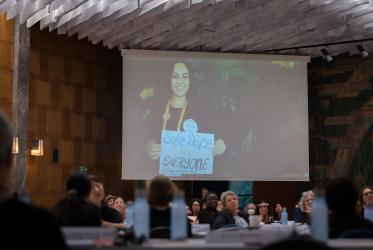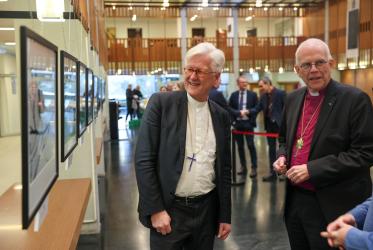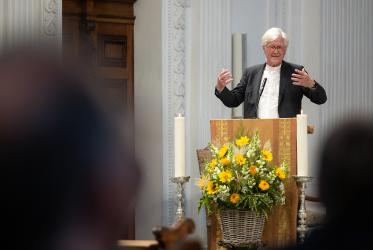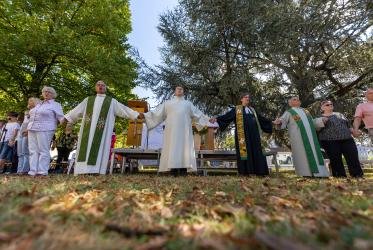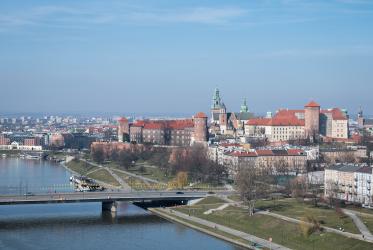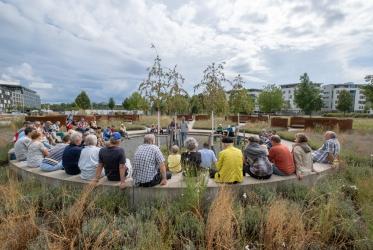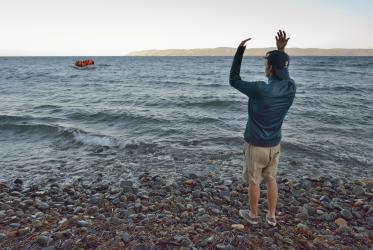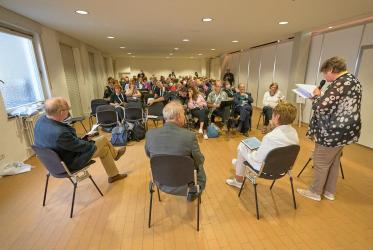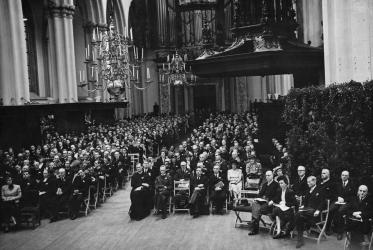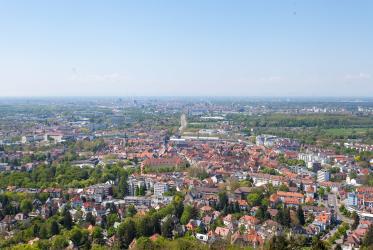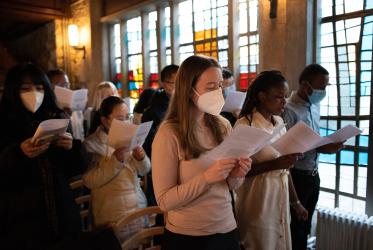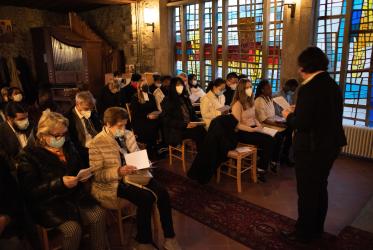Displaying 1 - 20 of 28
“Every Picture Tells A Story” photo exhibit opens
30 November 2023
WCC moderator calls for a “reformation of hope” based on love
10 October 2023
Workshop explores how interreligious dialogue brings trust and respect
15 September 2022
The earth is the LORD's… and the Lord is claiming it back
07 September 2022
An evening of welcome and a historic pilgrimage along the Rhine
06 September 2022
Assembly participants come together as church families
04 September 2022
Christian-Jewish Dialogue: Faith is why we are here today
04 September 2022
Brunnen: a well of faith-inspired initiatives
01 September 2022
Bossey student Carolina Zamorano reflects on study visit to Rome
02 February 2022
